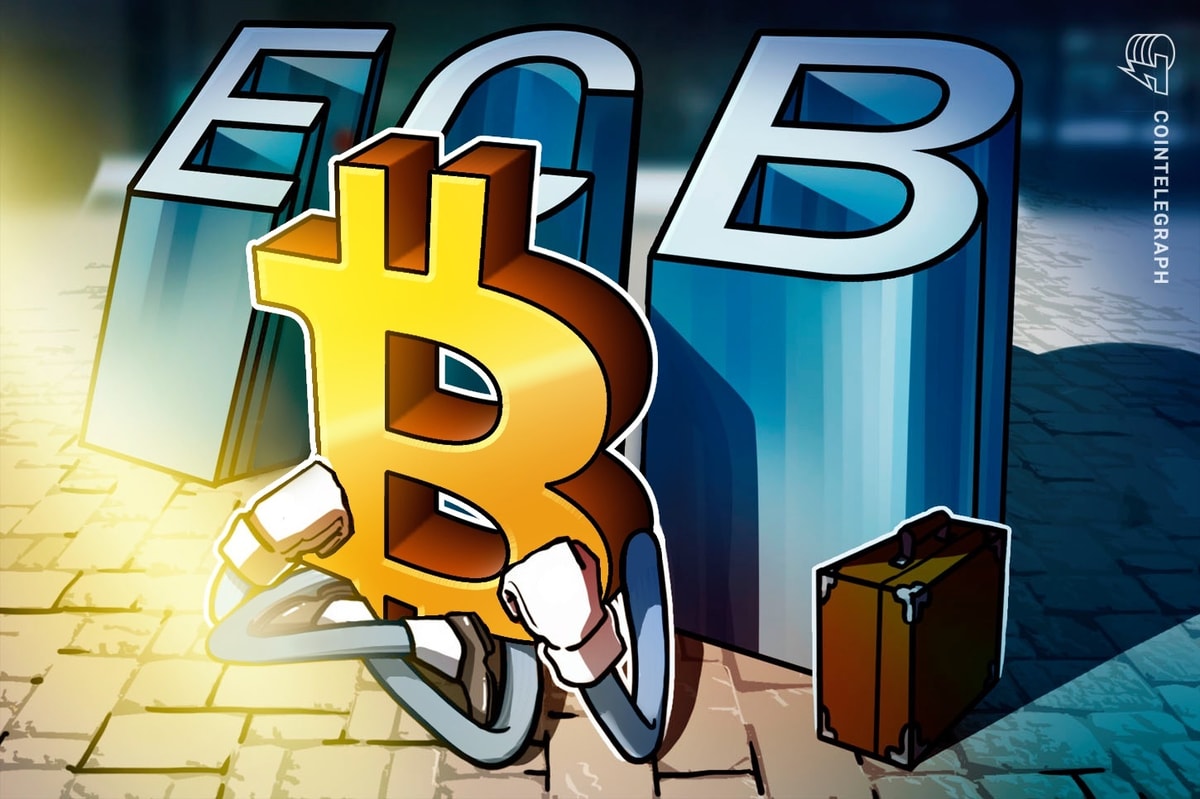The effort to change America’s psychosis with race relations and the passive-aggressive hold that unfettered capitalism has on its core operating system is connected. How many times have you seen the flag at your local post office or town hall at “half-mast?” This week in New York two police officers were killed in the line of duty, and we were reminded as they lowered flags around the city. I am sure it occurs to most people that in America we have reached a point where the Stars and Stripes are rarely allowed to fly from the top of its pole, almost out of shame for the seemingly never-ending instances of mass shootings, race and gender conflict, and politically-inspired mob scenes. This problem has a long arc with many trying and failing to effect change. Groups as diverse as the Nation of Islam and modern-day democratic socialists have a common cause, to bring some structures of integrity to their community. In this article, we will also discover how forward-looking measures like universal basic income can be hijacked when tried in America. Expanding the use case for bitcoin can offer positive outcomes for all of these progressive movements looking for autonomy from the system.
Can A Bean Pie Be A Symbol Of Economic Change?
Malcolm X had a goal to change his community but his first hurdle was changing himself. As a convert to Islam, there were a great many habits that the former criminal had to alter. The Nation of Islam saw itself as the salve for the black community and Malcolm was a spearhead in New York for their cause. Amongst his heated rhetoric was his more homespun discussions on the changes in his diet, the bean pie for instance was a key symbol of a radical departure from the traditional soul food he grew up on, food that he felt was poisoning his community. It was symbolic not only because it provided a healthy alternative to greasy meals common to Harlemites, but it could be easily produced and sold in small businesses that belonged to black citizens in New York. The story of Malcolm X demonstrates self-reliance is key to escaping from repression, beginning with something as simple as a bean pie.
A through line from the early days of civil rights marches to today is Vermont senator Bernie Sanders. His popularity in two U.S. presidential campaigns was emblematic of problems vexing the minds of Americans now. He was the first candidate for the highest office in the land to openly call himself a democratic socialist and a huge portion of the voting population, especially the young, were on board for this type of change. In his way, he was touching on what, in this author’s opinion, is the same core issue that Bitcoin solves — that is, a deep suspicion of capitalism and those who wield power within its structures. Although the platform Senator Sanders put forth did not attack fiat currency per se, it did imagine a fiscal policy that served the people before powerful special interests. The question regarding these struggles, civil rights, and the fight against income inequality is, what do they all have in common? It is a desire for autonomy from a society of racist thought, unfair political bias, a lack of an even playing field, and many more cultural hurdles. Imagine if Malcolm X had been able to read Satoshi Nakamoto’s white paper on Bitcoin and realized that it could open the door to his community acting as their bank and benefactor outside the tyranny, as he perceived it, of the American system?
Bitcoin Is A Powerful Tool For Self-Reliance
As every day passes new use cases are being developed for Bitcoin, beyond the idea of massive “gains.” Something we may take for granted in America is having a bank account; however, there are over 2 billion people on earth that are “unbanked.” This sad state of affairs denies the benefits of digital commerce to a giant and innovative population. What we are seeing now in El Salvador and soon in other countries, is this banking hurdle being conquered by an application of the Lightning Network that allows unbanked citizens to make transactions with bitcoin on their mobile phones. This same functionality can be used for communities who desire to act outside or alongside typical monetary conventions. Whatever their reason, bitcoin properly employed can assist them to find agency and freedom that would also reduce the need to get involved with extreme or antisocial behavior. This by-product of bitcoin use suggests a progressive society rather than a simple rally call for a libertarian financial system. Some Bitcoin maximalists may call for the end of fiat currency; we all may find in providing freedom from fiat tyranny there is a chance that global monetary policy could reform.
Building On UBI: A Cautionary Tale In Stockton
Can $500 change your life? Michael Tubbs, the former mayor of Stockton, California asked himself this question and began a two-year experiment in his sleepy community by implementing universal basic income (UBI). The concept is simple — every citizen in the program receives $500 a month with no strings attached. Although the full report will not be completed until later in 2022, initial indications are that this bridge amount made a huge impact on the people of Stockton. People tended to pay debts, maintained employment when car repairs would have otherwise hamstrung them, and reduced stress for mothers who needed to afford essentials for their children, in essence improving the mental health of Stockton. The long-term viability of UBI can be debated but the political reality of what happened in Stockton cannot. Mayor Tubbs became celebrated in the national press for his compelling life story and courage to help the poor. However, during the entire UBI experiment, he had left himself open to growing criticism on social media. A right-wing-inspired blog portrayed him as someone recklessly handing out taxpayer money. He lost his office to a Republican challenger who is unlikely to continue the UBI stipends. The point is, had the program had a bitcoin component as part of the UBI payments, there might have been increased long-term value to recipients. The UBI program could have outlived the winds of political change.
Economic uncertainty in communities and on the individual level is to blame for the lion’s share of America’s woes. Imagine townships that could augment tax windfalls with bitcoin backing to ensure the financing of schools and public works? Further, imagine the budget of your city hall on a transparent blockchain to avoid corruption? It will take some leadership like that was displayed by newly-elected New York mayor Eric Adams. He made public that he would be converting his first paycheck as mayor into bitcoin despite a price downswing. These are important steps to the mass adoption of a decentralized source of leverage and the end of disaster fatigue in America.
This is a guest post by Scott Dennis. Opinions expressed are entirely their own and do not necessarily reflect those of BTC Inc or Bitcoin Magazine.











